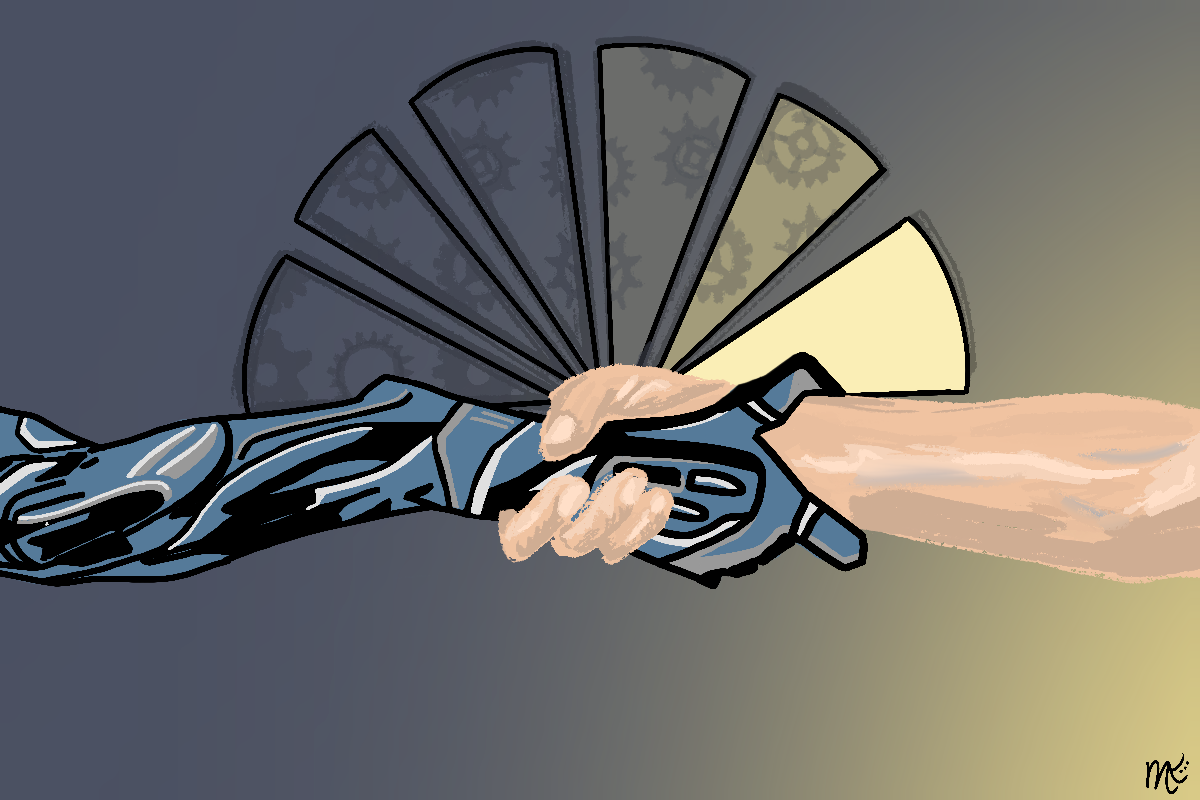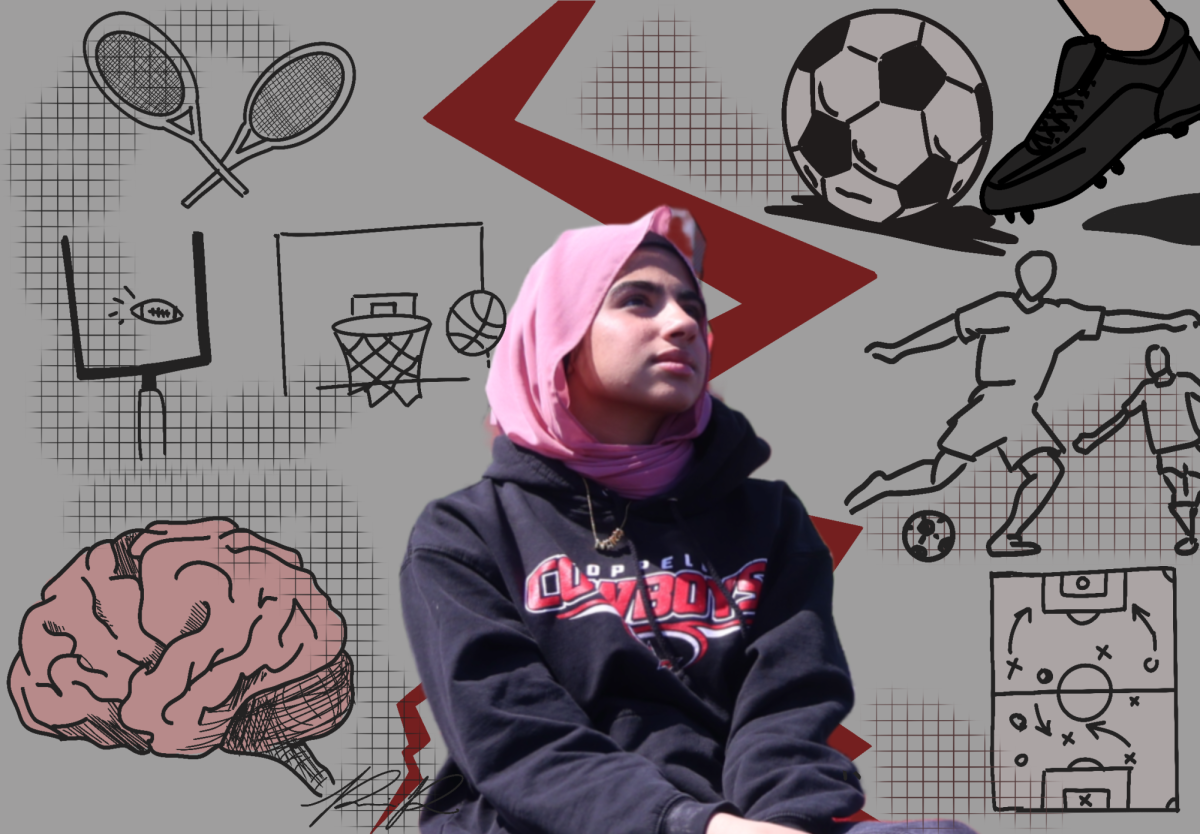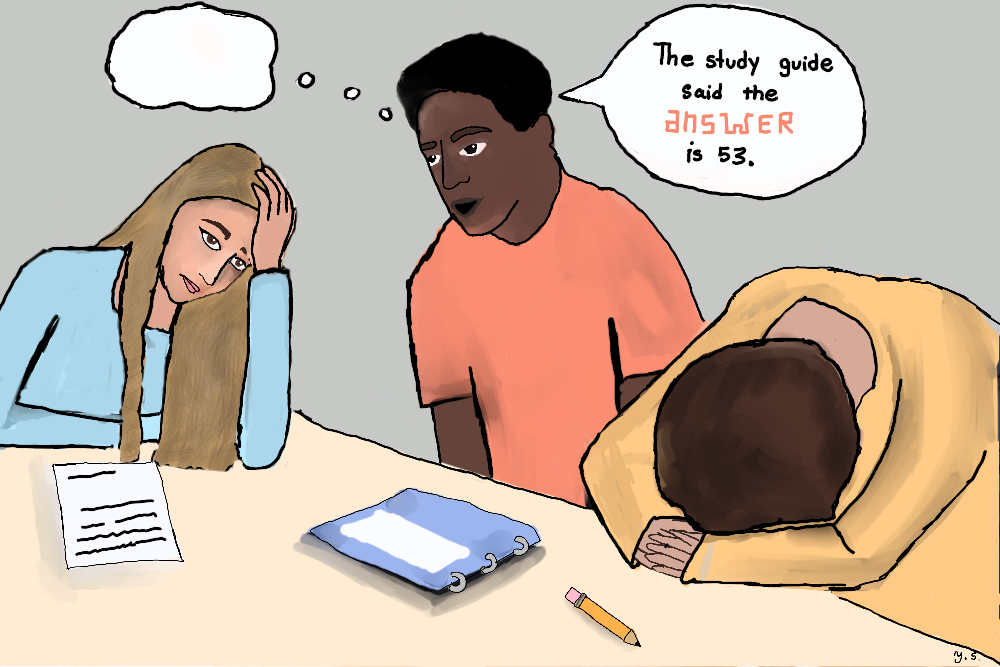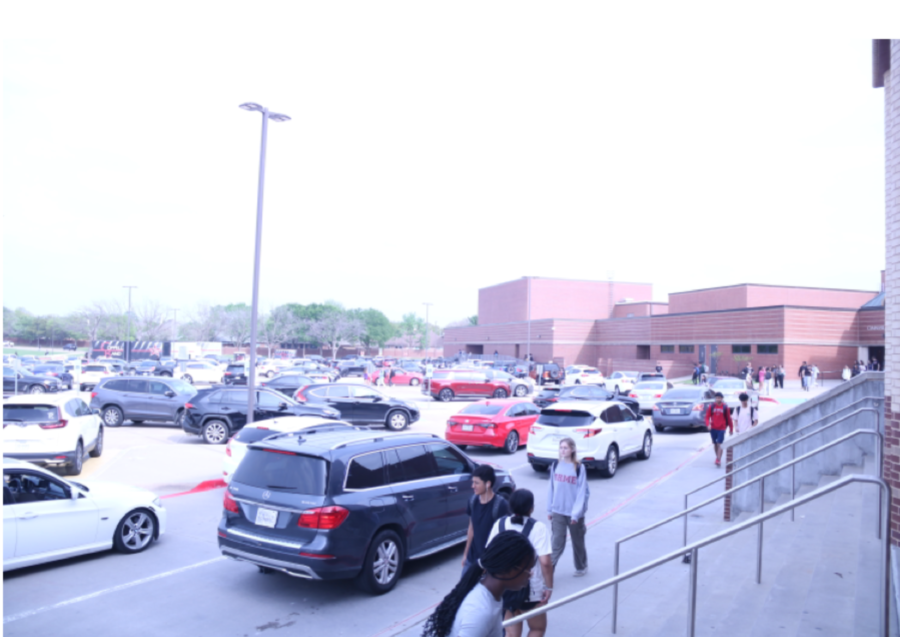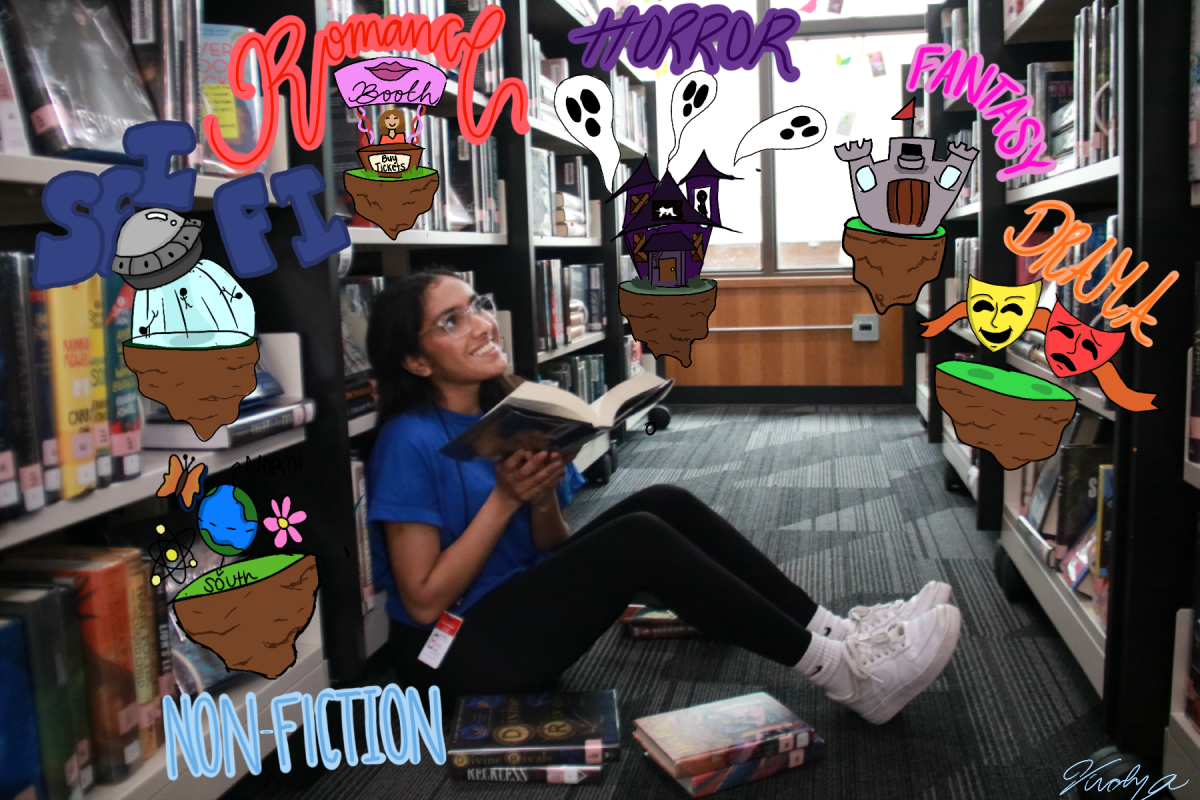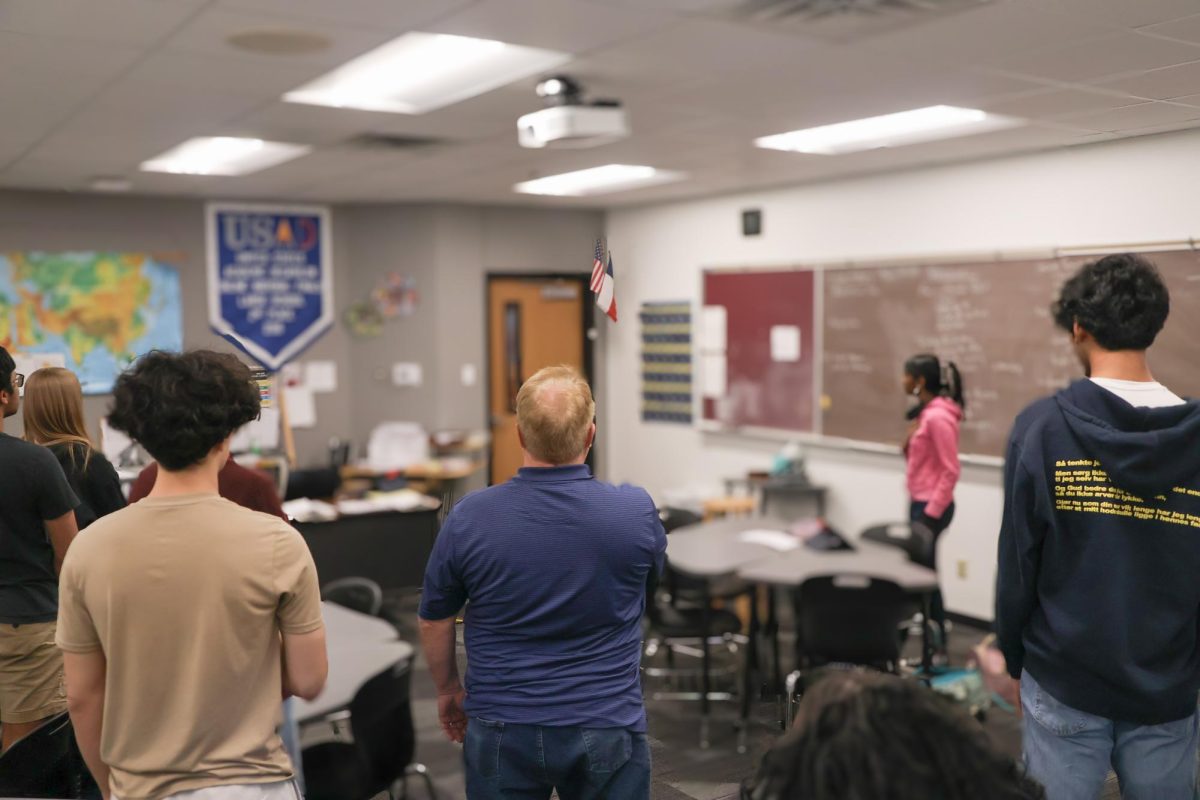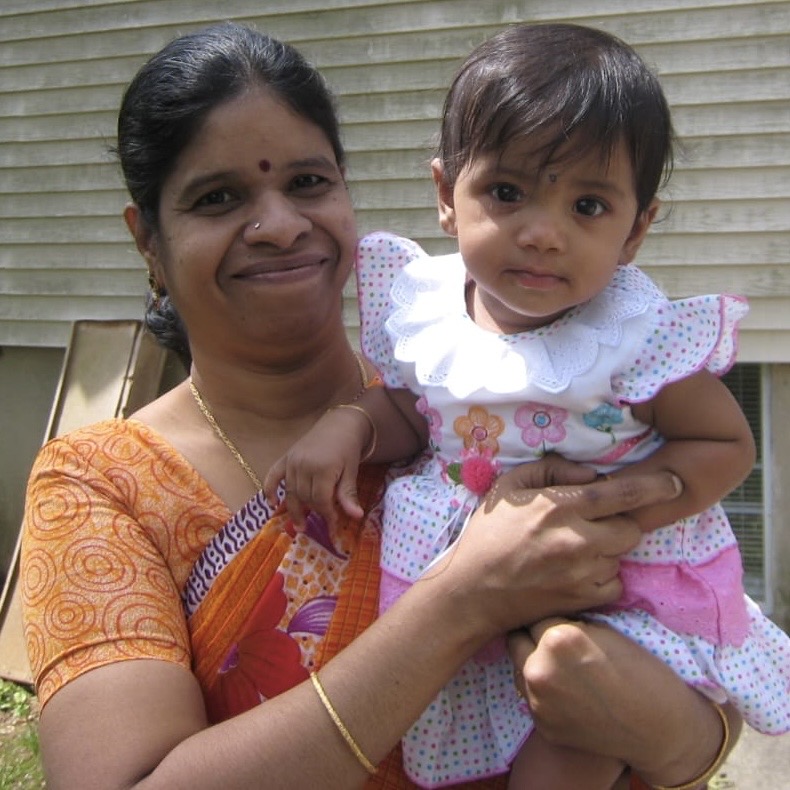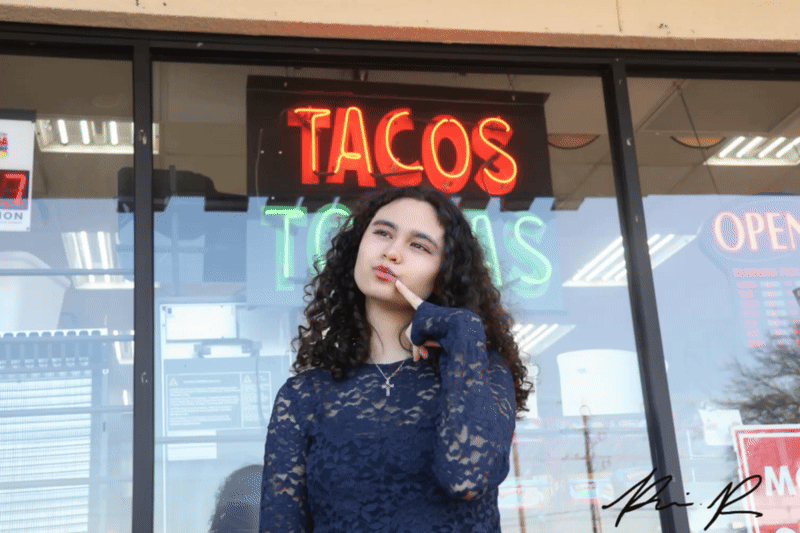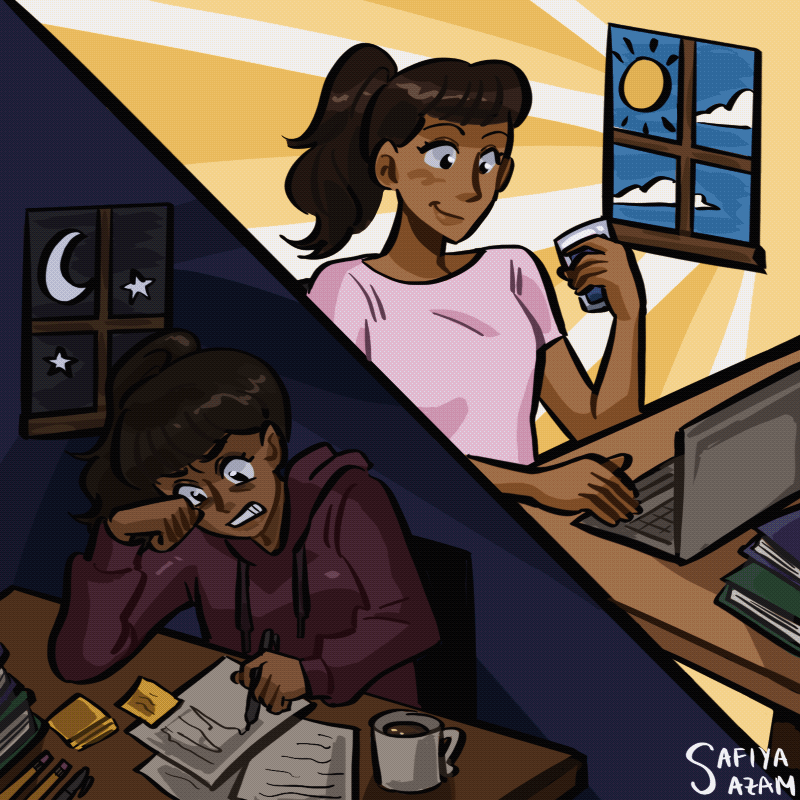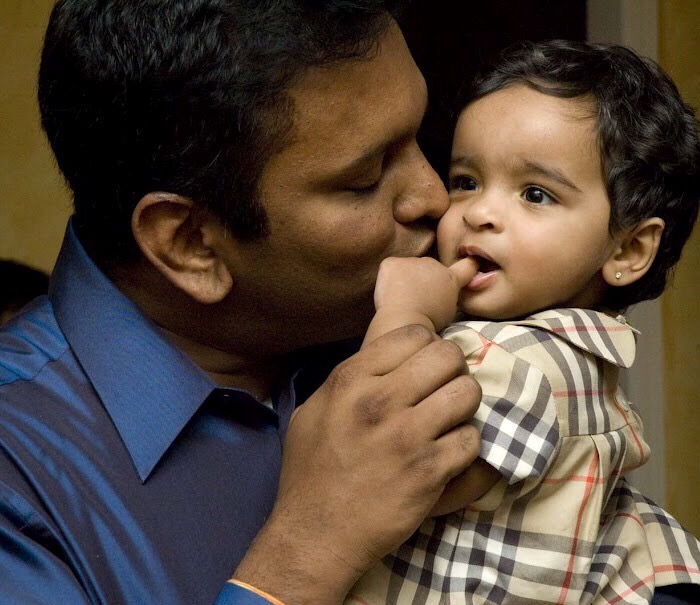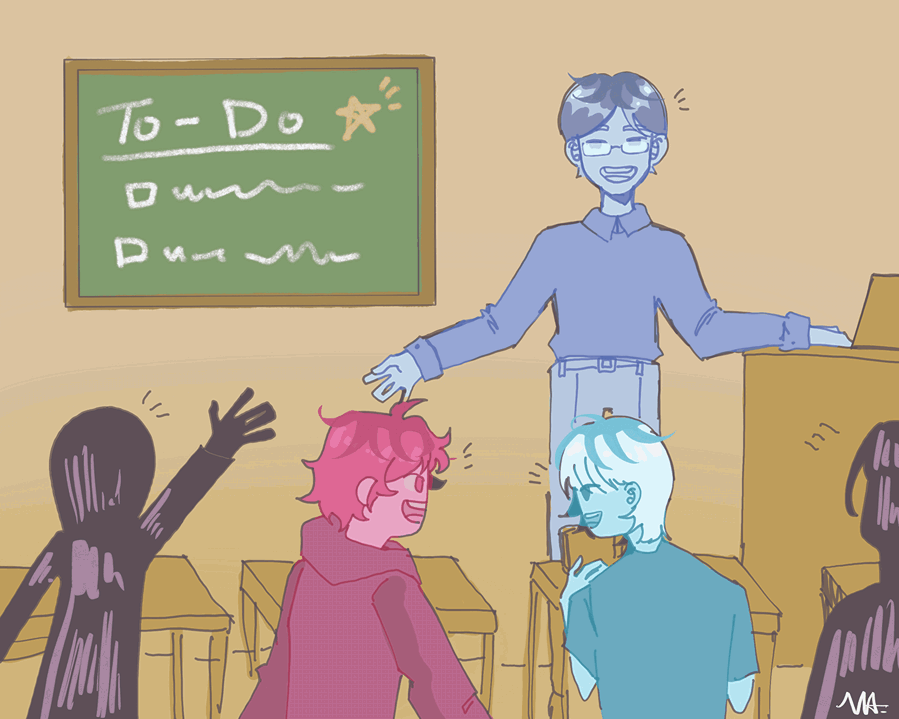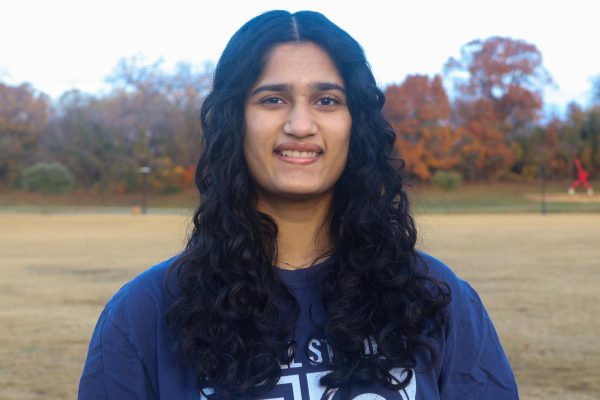Hmm, I wonder what my headline should be for this story. Maybe I can ask ChatGPT. It will have all the answers, right? “Use your resources,” they say, so it is perfectly fine.
My dependence on artificial intelligence has grown so large that I cannot imagine how I went about daily life without it years ago. In a way, the addition of AI to this generation is like the addition of the internet to the last. Perhaps the next will have holograms or flying cars. Who knows?
Whenever I need to brainstorm ideas, I find myself prompting AI chatbots to generate them for me so I can save time. But, it got me thinking about how limited my creativity has become.
Although AI models can generate human-like responses, there is still a hint of unnaturality in the way they speak and respond. Would you believe, “Hey, Deepali! How can I assist you today?” was written by a human? There is still a long way to go before AI creativity will even come close to natural human ingenuity.
I have come to realize the sad reality I now experience a great dopamine boost whenever I come up with ideas by myself. As we become more dependent on generative AI, consequences could include loss of basic cognitive skills, loss of memory capacity, attention deficits, loss of ability to transfer knowledge and reduced social interaction. Our brains will begin to lean on an external source, reducing the need for them to maintain their strength and aptitude.
I see this run rampant as a senior at Coppell High School, becoming increasingly more apparent in the past two years. Many classes now use AI detectors in applications where students submit assignments in an attempt to control students’ dependence on AI. Coppell ISD’s servers block several AI websites. But, with sources like Google’s Gemini, it becomes hard to block access to these tools. Though creativity naturally dwindles as we age, I have seen how obsessively reliant students, myself included, have become on using AI to think for them.
Of course, utilizing AI is not all bad. When used in moderation and when necessary, it can save time and provide us assistance in areas that do not require our full attention and expertise. For example, I learned to responsibly use AI to write outlines of procedures and generate data tables for me in Anatomy and Physiology labs, allowing me to spend more time collecting data and formulating conclusions. It is quite a remarkable tool, if you think about it.
However, rather than relying on AI to do everything for us, we should use it as a catalyst for imaginative thinking. If prompted correctly, it can help us brainstorm ideas and solutions beyond the run-of-the-mill responses anyone can scour the internet for.
In schools, students should be taught how to responsibly use the resource. Restricting access to it, such as how CISD currently filters, accomplishes nothing but creating unfamiliarity and making it even more tempting to use in the wrong ways. Imagine how limited students’ learning potential would be if the internet was banned in school. If students were encouraged to use the chatbots for reviewing for tests or generating succinct summaries of their class material, their productivity would skyrocket, and they would be able to engage with their education much more deeply.
Similarly, AI can be used for community involvement and efficiency. Using the models to analyze data, predict trends and suggest areas of improvement would undoubtedly save time and money and allow citizens to spend their efforts on more complex work, from Coppell’s Vision 2040 to the U.N.’s Global Goals.
Rather than trying to limit accessibility to AI as much as possible, we should responsibly take advantage of this novel tool so that society can expedite its rate of advancement.
Follow Deepali (@deepali0914) and @CHSCampusNews on X.



